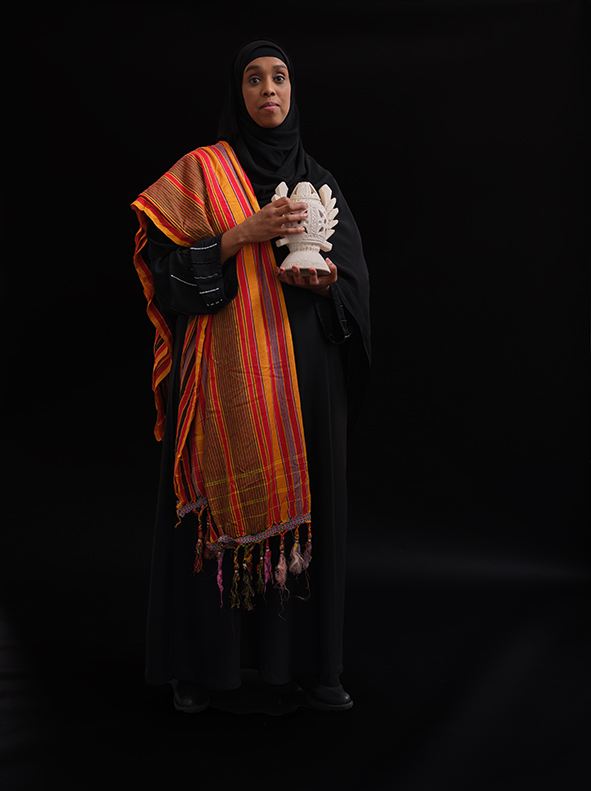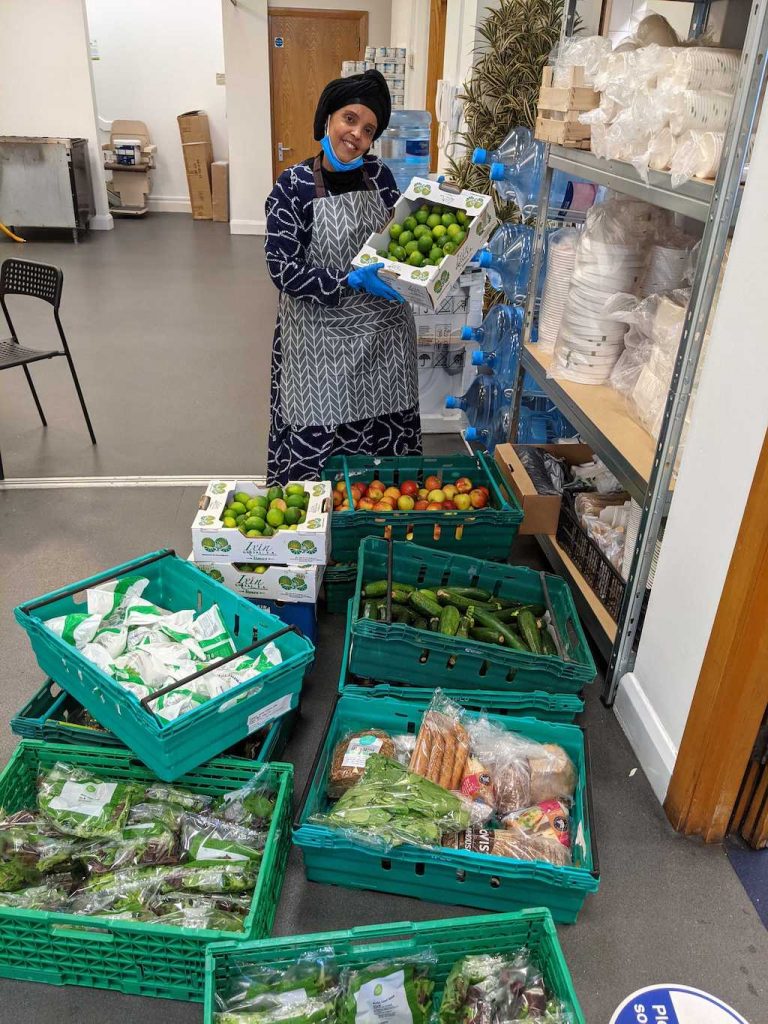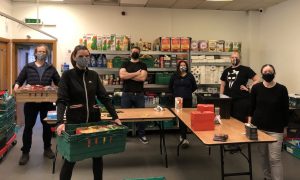Women’s Inclusive Team – empowering and supporting women
 The tragic murder of Sarah Everard has resulted in many women taking to social media to share their own personal stories of assault and intimidation. The stories have revealed how deeply ingrained and complex the systems, society and culture are, and how comparatively different the female experience is to the male experience. It felt fitting to interview Safia Jama, the CEO of Women’s Inclusive Team, to learn a little bit more about how she has responded to the evolving needs of, in particular, black and ethnic minority women.
The tragic murder of Sarah Everard has resulted in many women taking to social media to share their own personal stories of assault and intimidation. The stories have revealed how deeply ingrained and complex the systems, society and culture are, and how comparatively different the female experience is to the male experience. It felt fitting to interview Safia Jama, the CEO of Women’s Inclusive Team, to learn a little bit more about how she has responded to the evolving needs of, in particular, black and ethnic minority women.
What is the name of your organisation?
Women’s Inclusive Team
What does your charity/organisation do?
Women’s Inclusive Team (WIT) is a charity run by women for women. Founded in 2005 to encourage messy play amongst mothers and their young children, WIT soon expanded its services with women’s empowerment projects, advice and guidance sessions on housing, raising children, running a household, community integration and learning English, as well as mental health courses and workshops for black and ethnic minority women. When the Covid-19 pandemic hit, WIT expanded its services and opened a food bank, a community kitchen and a telephone befriending service to help vulnerable people in East London.
WIT’s vision is to create a world where all women are happy, safe and valued and where women and their families can reach their full potential, being a beacon of light for women’s organisations around the globe. We are on a mission to promote social inclusion for the benefit in particular, but not exclusively, women and young people from the Black Ethnic Minority community who are socially excluded on the grounds of their sex, race or ethnic origin. We want to relieve the needs of such people and assist them to integrate into society. We also want to enhance the development and education of children under statutory school age, by encouraging parents to understand and provide for the needs of their children through community groups.
What challenges do your service users face? How has this been affected by the pandemic?
Our members have always faced multiple challenges such as restricted/limited access to services, a lack of representation in front line services, a lack of understanding of their needs from stakeholders and discrimination as women, black women and black Somali women. Furthermore, most of the women we support have large families and 60% of them are single mothers with limited English and business skills. The women have low paid employment (if they are working), and often their roles are carers or cleaners.
Whilst the women have faced these challenges prior to the pandemic, the pandemic has amplified these challenges and increased the need for support.
How does your work help them to overcome these challenges?
We offer a range of services to our members such as:
- Free childcare provision for mothers, so they can learn and work
- Support for children through our Rise and Shine Programme to allow the children to reach their full potential, taking their hardship and giving mothers the support their families need
- Training for women in the form of English classes, mentorship programmes, capacity building and other forms of training to help them work towards their goals.
- Community Kitchen and foodbank to ensure our women have access to food that reflects their cultural needs, and ensuring that they have access to food for their families.
- Volunteer opportunities to help to build the women’s experiences and confidence in the working world
- A number of workshops ran on a monthly schedule to provide the women with access to stakeholders, and to ensure that they are kept up to date with what is happening and that their voices and needs are heard
- Accredited Mental Health training for our members to promote mental wellbeing at work, in communities and families. The training looks at Mental Health Illness, such as suicides and give participants the tools to support colleagues/loved ones better.
 Do you have an inspirational story/moment such as a case study that you would like to share?
Do you have an inspirational story/moment such as a case study that you would like to share?
One of our now full-time employees Zahra Ali, is a wonderful example of women empowerment and development. Zahra is a Somali woman and grandmother with a strong passion for helping and supporting others. Her English is very limited. At the start of the pandemic Zahra offered to help as a volunteer in our Community Kitchen to cook meals for the vulnerable in Tower Hamlets. Through volunteering Zahra demonstrated her incredible cooking skills and cooked her way into the hearts of our members and our team. Zahra is now a full time employee at WIT doing a job she loves.
What kind of support are you in need of right now and how might volunteering fit into that?
We greatly rely on the support of volunteers. Without the help of our amazing volunteers we wouldn’t be able to run half our services. We are always on the lookout for more volunteers to join our team. The main areas we currently need support in are;
- Social Media; to be able to demonstrate the amazing work WIT does
- Mentoring; we are looking for mentors for our service uses and some of WIT’s employees
- Community Kitchen; we are looking for support to turn our Community Kitchen into a sustainable project to be able to support our community in the long term, post Covid-19
 What are your hopes for 2021 as an organisation?
What are your hopes for 2021 as an organisation?
For 2021, we hope for sustainability for the charity, better support from stakeholders and most importantly that we are able to empower and support black women to have better access to services.



